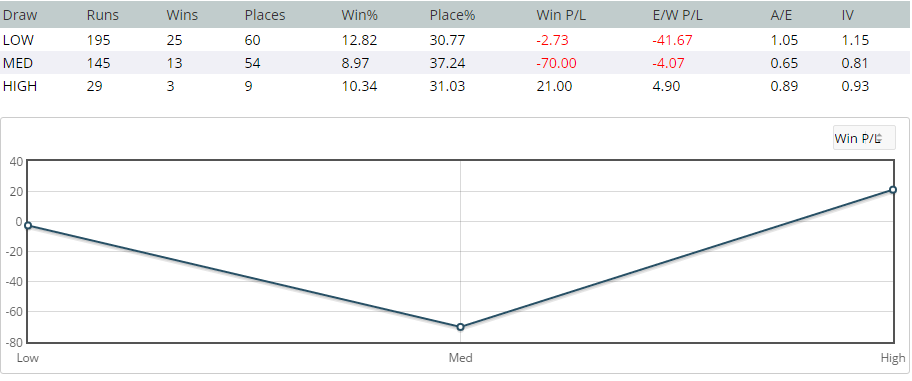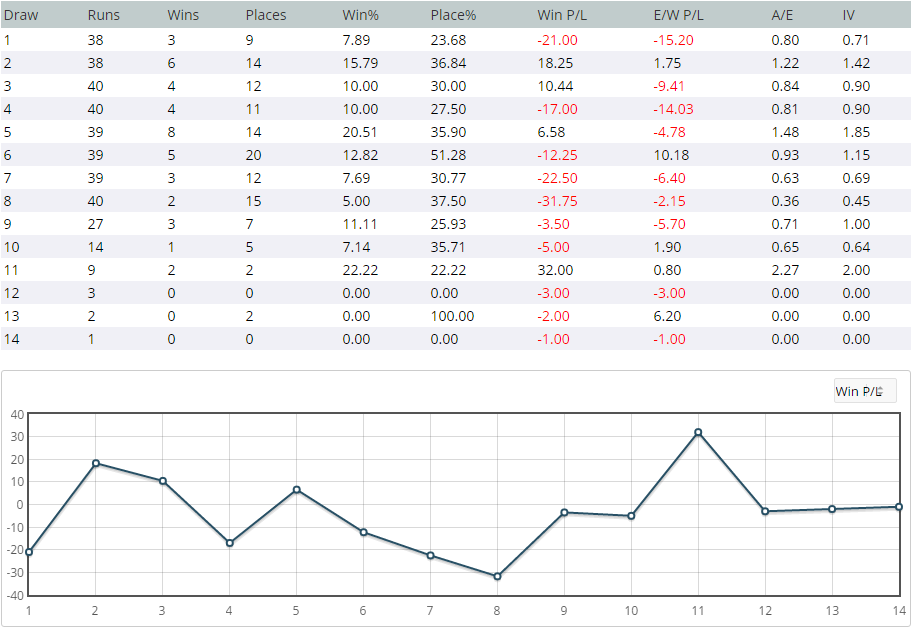Racecards - Today's Racing
Todays Racecards
Tomorrows Racecards
Todays Racecards
Tomorrows Racecards

save filters
show filters
reset
Race Code
AW
Flat
Hdl
Chs
NHF
Country
UK
IE
Race Type
Hcap
Non-Hcap
Class
to
Runners
to
Distance
to
by meeting
by time
compact
Join Geegeez Gold Today
Premium horse racing tools, tips and racecards available from our members' service, Geegeez Gold. Take advantage or our pro racing tips and stats.
Annual
Save £85 a year with our annual membership
Become a Geegeez Gold subscriber and know more in less time
£1 for the first 30 days then £395 a year
(less than £33 a month)
Monthly
Subscribe to our monthly membership for just £40 a month
Become a Geegeez Gold subscriber and access the tools the professionals use
£1 for the first 30 days then £40 a month
Not ready to try Gold yet? No problem.
Register for a free account and get free Gold races
and a 'Feature of the Day' daily.
and a 'Feature of the Day' daily.
Today's racecards appear on this page. They contain full horse, trainer and jockey form for today's racing.
In addition to Today's racecards, use our form profiling tools like Instant Expert and Full Form Filter. Plus, geegeez.co.uk's exclusive pace maps and speed ratings.
Class:
Distance:
Runners:
Going:
Winner:
Conditions
For:
horse-types
Weight:
weights
Allowances:
allowances
Penalties:
penalties
?
|
#
|
Dr
|
Form
|
Horse
|
Age
|
Wgt
|
Trainer
|
Jockey
|
OR
|
RPR
|
TS
|
SR
|
GZ
|
Odds
|
|---|
Non Runners
Summary
Speed Rating 1-2-3
Future Form
Show Comments
Pos |
Dr |
Dist |
RS |
Horse Trainer Jockey |
Trainer |
Age Wgt OR |
Wgt |
Jockey |
SP BSP |
BSP |
Pl BSP |
Hi/Lo |
OR |
R |
W |
P |
W P/L |
EW P/L |
|---|
Winning Time
Tote Returns
Stewards' Reports
Empty
Runner Details
|
Trainer:
, Jockey:
Owner:
|
|

Filters
Race Record
Code |
Runs |
Wins |
Places |
Win% |
SP P/L |
BSP P/L |
EW% |
EW P/L |
PRB |
HiOR |
OR |
Win £K |
Total £K |
|---|
Race Entries
Date Time |
Course |
Silk |
Runner |
Jockey |
Trainer |
Forecast |
|---|
Race Form
Px |
Date |
Race / Conditions |
Wgt |
DR |
RS |
Race Outcome |
DR |
Running Lines |
Race Speed vs Par |
BSP |
Pl BSP |
Hi/Lo |
Jockey |
Trainer |
OR |
RP |
TS |
R |
W% |
P% |
|---|
more


Filters
Chart
Going |
Runs |
Wins |
Places |
Win% |
SP P/L |
BSP P/L |
EW% |
EW P/L |
ROI |
PRB |
|---|
Distance |
Runs |
Wins |
Places |
Win% |
SP P/L |
BSP P/L |
EW% |
EW P/L |
ROI |
PRB |
|---|
Class |
Runs |
Wins |
Places |
Win% |
SP P/L |
BSP P/L |
EW% |
EW P/L |
ROI |
PRB |
|---|
Field |
Runs |
Wins |
Places |
Win% |
SP P/L |
BSP P/L |
EW% |
EW P/L |
ROI |
PRB |
|---|
Headgear |
Runs |
Wins |
Places |
Win% |
SP P/L |
BSP P/L |
EW% |
EW P/L |
ROI |
PRB |
|---|
Weight |
Runs |
Wins |
Places |
Win% |
SP P/L |
BSP P/L |
EW% |
EW P/L |
ROI |
PRB |
|---|
Odds |
Runs |
Wins |
Places |
Win% |
SP P/L |
BSP P/L |
EW% |
EW P/L |
ROI |
PRB |
|---|
Layoff |
Runs |
Wins |
Places |
Win% |
SP P/L |
BSP P/L |
EW% |
EW P/L |
ROI |
PRB |
|---|
Months |
Runs |
Wins |
Places |
Win% |
SP P/L |
BSP P/L |
EW% |
EW P/L |
ROI |
PRB |
|---|
Direction |
Runs |
Wins |
Places |
Win% |
SP P/L |
BSP P/L |
EW% |
EW P/L |
ROI |
PRB |
|---|
Surface |
Runs |
Wins |
Places |
Win% |
SP P/L |
BSP P/L |
EW% |
EW P/L |
ROI |
PRB |
|---|
Profile |
Runs |
Wins |
Places |
Win% |
SP P/L |
BSP P/L |
EW% |
EW P/L |
ROI |
PRB |
|---|
General Config |
Runs |
Wins |
Places |
Win% |
SP P/L |
BSP P/L |
EW% |
EW P/L |
ROI |
PRB |
|---|
Specific Config |
Runs |
Wins |
Places |
Win% |
SP P/L |
BSP P/L |
EW% |
EW P/L |
ROI |
PRB |
|---|
Course |
Runs |
Wins |
Places |
Win% |
SP P/L |
BSP P/L |
EW% |
EW P/L |
ROI |
PRB |
|---|
Trainer |
Runs |
Wins |
Places |
Win% |
SP P/L |
BSP P/L |
EW% |
EW P/L |
ROI |
PRB |
|---|
Jockey |
Runs |
Wins |
Places |
Win% |
SP P/L |
BSP P/L |
EW% |
EW P/L |
ROI |
PRB |
|---|

|
win
place
|
|
|
|
|
|
|||||||||||||||||
|---|---|---|---|---|---|---|---|---|---|---|---|---|---|---|---|---|---|---|---|---|---|---|
going |
class |
course |
distance |
field |
rating |
|||||||||||||||||
# |
Dr |
name |
Odds |
SR |
R |
W |
% |
R |
W |
% |
R |
W |
% |
R |
W |
% |
R |
W |
% |
t |
l |
d |

Held Up
0-0
IV: 0
£0
Mid Div
0-0
IV: 0
£0
Prominent
0-0
IV: 0
£0
Led
0-0
IV: 0
£0
Going:
to
Runners:
to
| Pace | Runs | Wins | Places | Win% | SP P/L | BSP P/L | Place% | EW P/L | A/E | IV | PRB |
|---|
# |
Dr |
Form |
Runner |
Trainer |
Jockey |
Held Up
Mid-Div
Prom
Led
|
LR |
2LR |
3LR |
4LR |
Total |
Ave |
Pc% |
SR |
Odds |
|
|---|---|---|---|---|---|---|---|---|---|---|---|---|---|---|---|---|
Going:
to
Runners:
to
Draw:
| draw | runs | wins | places | win% | place% | ROI | SP P/L | BSP P/L | e/w p/l | a/e | IV | PRB | PRB2 |
|---|
| draw | runs | wins | places | win% | place% | ROI | SP P/L | BSP P/L | e/w p/l | a/e | IV | IV3 | PRB | PRB2 | PRB3 |
|---|
heat map
| draw | held up | mid div | prom | led |
|---|---|---|---|---|
| LOW | ||||
| MID | ||||
| HIGH |
Draw / Run Style Combinations
| pace | draw | runs | wins | places | win% | place% | ROI | SP P/L | BSP P/L | e/w p/l | a/e | IV | PRB | PRB2 |
|---|
led
| draw | runs | wins | places | win% | place% | SP P/L | BSP P/L | e/w p/l | a/e | IV | PRB | PRB2 |
|---|
prominent
| draw | runs | wins | places | win% | place% | SP P/L | BSP P/L | e/w p/l | a/e | IV | PRB | PRB2 |
|---|
mid-division
| draw | runs | wins | places | win% | place% | SP P/L | BSP P/L | e/w p/l | a/e | IV | PRB | PRB2 |
|---|
held up
| draw | runs | wins | places | win% | place% | SP P/L | BSP P/L | e/w p/l | a/e | IV | PRB | PRB2 |
|---|
|
Date
|
Going
|
Winner
|
Trainer
|
Jockey (claim)
|
Wgt (Rk)
|
Age
|
SP (Rk)
|
OR
|
DR
|
Rnrs
|
RS
|
DSLR
|
Form
|
LTO SP (Rk)
|
R60
|
R180
|
R365
|
|---|
- Shortening
- Drifting
- View Card by:
- Fractional
- Decimal
- Sort by:
- Odds
- Name
|
#
|
Draw
|
Form
|
Silks
|

|

|

|

|

|

|

|

|

|

|

|

|

|

|

|

|

|
Best
|
|---|
Join Geegeez Gold Today
Premium horse racing tools, tips and racecards available from our members' service, Geegeez Gold. Take advantage or our pro racing tips and stats.
Annual
Save £85 a year with our annual membership
Become a Geegeez Gold subscriber and know more in less time
£1 for the first 30 days then £395 a year
(less than £33 a month)
Monthly
Subscribe to our monthly membership for just £40 a month
Become a Geegeez Gold subscriber and access the tools the professionals use
£1 for the first 30 days then £40 a month
Not ready to try Gold yet? No problem.
Register for a free account and get free Gold races
and a 'Feature of the Day' daily.
and a 'Feature of the Day' daily.
Date |
Race / Conditions |
Wgt |
DR |
RS |
Race Outcome |
BSP |
Pl BSP |
Hi/Lo |
Jockey |
Trainer |
OR |
RP |
PR |
TS |
R |
W% |
P% |
|---|


